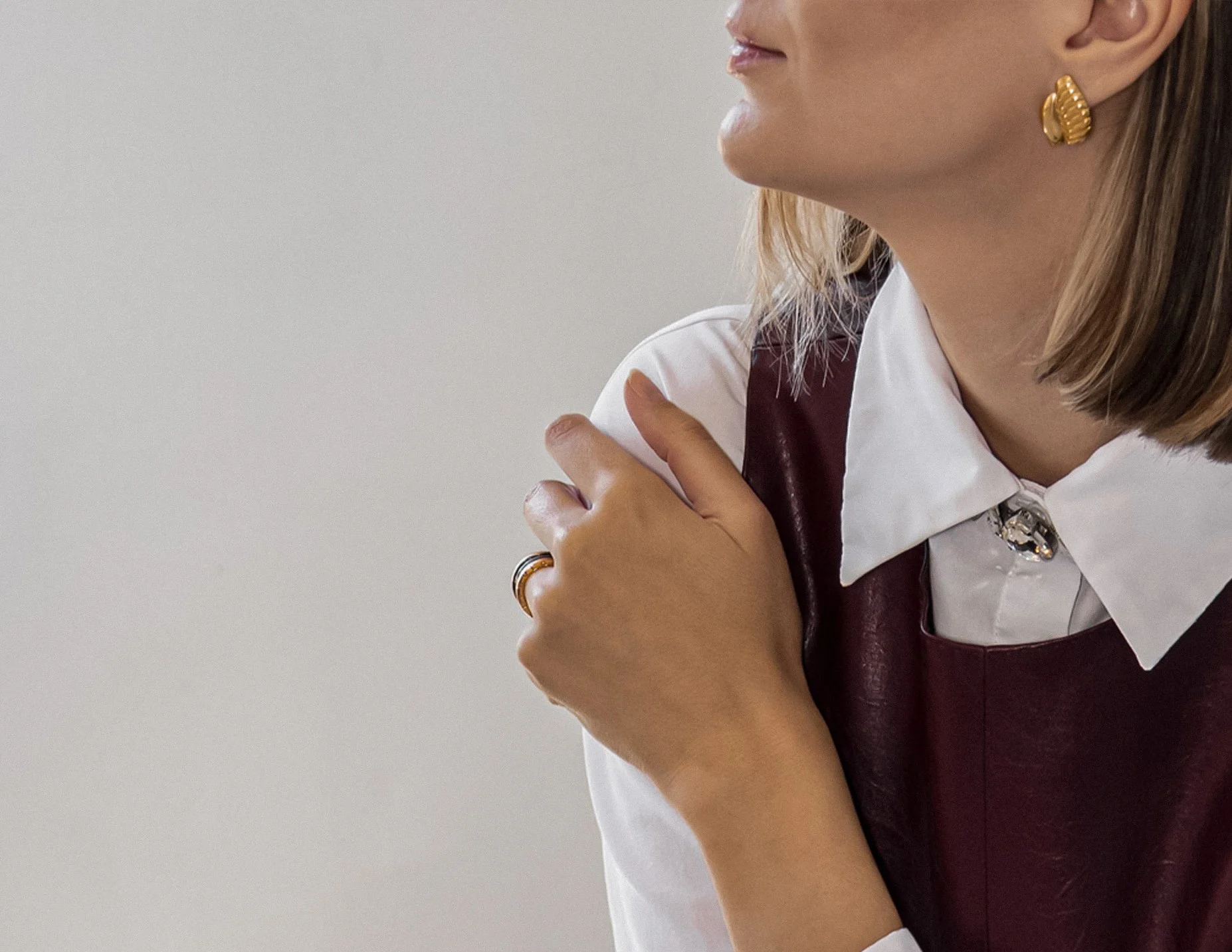Gratitude in the Everyday
Gratitude is not just polite manners. It is the foundation of our avodah. Three times a day, we say Modim anachnu lach — we thank You. Each morning, before our feet touch the floor, we whisper Modeh Ani. Our very first words of the day are not complaints or worries, but gratitude.
Yet gratitude can feel abstract when life is heavy. Bills pile up, children are sick, loneliness creeps in. How do we thank Hashem in those moments?
The secret is to start small. Gratitude is less about grand gestures and more about noticing the everyday miracles that surround us.
The smell of challah dough rising in your kitchen.
The giggle of a child under a blanket.
The warmth of Shabbat candles flickering against a dark sky.
The relief of finally exhaling after a long day.
Each of these moments is an invitation to say thank You.
I know this firsthand. In my own journey through grief, addiction, and abandonment, gratitude became a rope I could hold onto in the darkest pit. Even when nothing seemed good, I forced myself to find one thing — a sunrise, a friend’s smile, the fact that I was still breathing. Slowly, gratitude transformed me. It reminded me that Hashem had not abandoned me. That even in suffering, His kindness remained.
Research shows gratitude rewires the brain. But we don’t need science to know this. Our entire mesorah teaches it. When we say blessings, we train ourselves to notice Hashem’s hand in everything — from a glass of water to a thunderstorm.
At Bloomwood, we weave gratitude into our circles, our challenges, and our lives. Because gratitude is not just a tool for happiness — it is a key to emunah. When we say “thank You,” even for the smallest gifts, we are really saying: I see You, Hashem. I trust You. I know You are here.
So tonight, before you go to sleep, whisper one thank You. Not for everything — just for one thing. And watch how slowly, steadily, it begins to change you.


